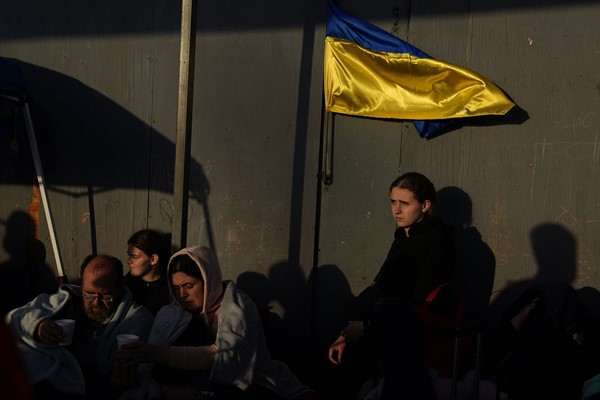The images from Poland earlier this year were inspiring: As refugees began to cross Ukraine’s western border, Polish citizens poured out of their homes to receive them. They set up soup kitchens at the border and established caravans to shuttle refugees to train stations. They opened their homes and beds to families passing through, and as the days went on, a stream of international grassroots volunteers showed up to support the relief effort.
As the weeks passed, however, many Poles began asking, Where is the national government in all this? Some were angry that the Polish government took credit for their grassroots efforts even as it stalled on funding them. Ultimately, in response to mounting public pressure, the Polish government passed a bill to provide support not only to the refugees, but also to the families who had helped them.
A similar situation has faced Ukrainians and the U.S. public under President Joe Biden’s new Uniting for Ukraine program. Unveiled just over a month ago and run by the Department of Homeland Security, the program ostensibly provided a pathway for 100,000 refugees to enter the country. But the program was structured to substitute for, rather than expand, existing refugee application processes under the U.S. State Department. Moreover, it displaced the cost of supporting refugees away from the U.S. government—which is bound under treaty law to provide that support—and onto U.S. citizens. Refugees themselves could not even apply to the program; only U.S. citizens willing to sign a form stating they would “financially support Ukrainians and their immediate family members” could sign up.

